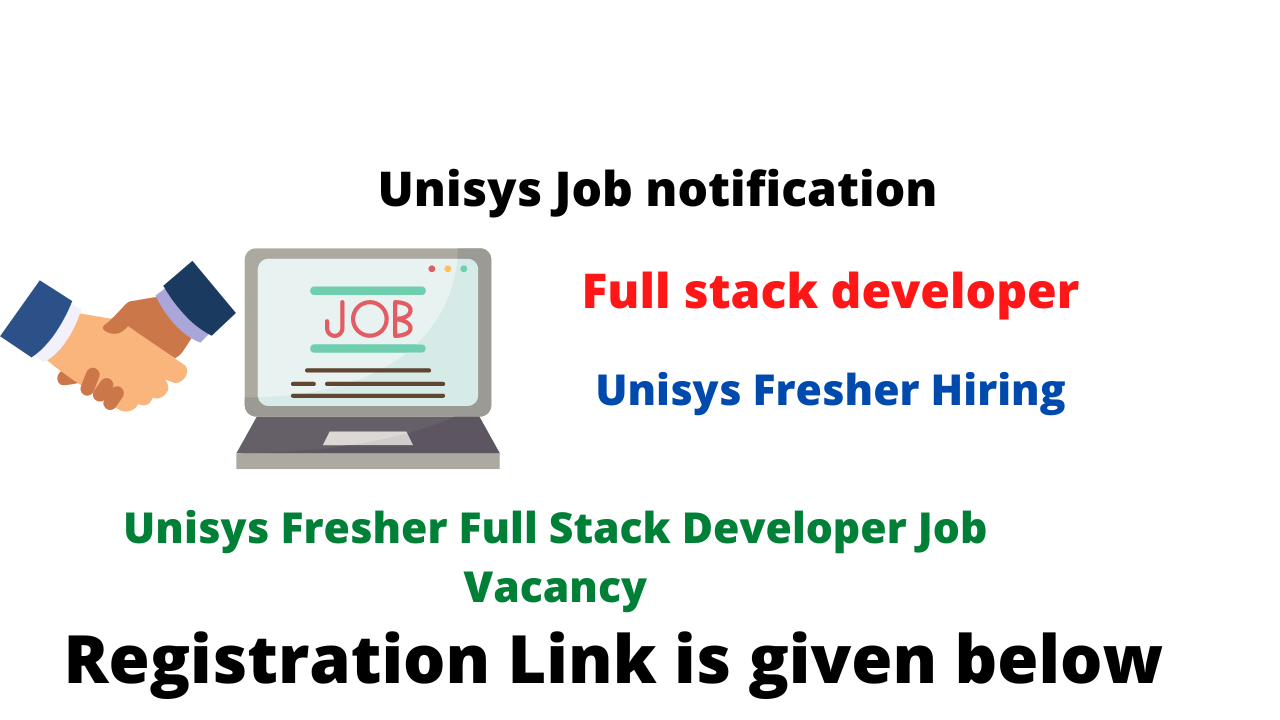
Real estate encompasses many different sectors. There are many stakeholder interests. These industries are affected by factors like population shifts, interest rate changes, capital availability, and government regulation. These factors can have a negative impact on business plans. Consulting professionals can help you navigate these complexities.
Benefits of hiring an estate consultant
You can benefit from the services of a real-estate consultant in many ways. This person is an expert in their field and knows the market trends as well as the best way to sell a home. They are also good contacts with other agents who can give you the best recommendations. They can also help with the introduction of potential sellers to your property.
It is important to hire an expert in your field so you don't make common mistakes. A specialist can spot potential problems that may arise during the purchase or sale of a property. A professional can also assist with paperwork, so that your transaction runs smoothly. This will save you both time and energy.

The presence of a professional in the transaction will protect you from a low buyer's offer. It will allow the seller to negotiate with a professional who can assess the market's value and determine the budget of the buyer. This way, the agent will start the negotiations with a more reasonable offer. Hiring a real estate agent makes you look more professional and invested.
A real estate consultant's duties
The job of a real estate consultant involves many tasks and responsibilities. These include managing cash, accounting, and creating marketing plans and PowerPoint presentation. They interact with clients, lenders, as well as other real estate professionals. In addition to these duties, real estate consultants must demonstrate effective negotiation skills to secure the best possible real estate deals for their clients.
The majority of real estate agents work as consultants. They assist clients with buying, renting, and selling property. Their clients include individuals as well as businesses depending on their knowledge. They must have a deep understanding of the real-estate market and be able to explain all details and nuances.
A real estate consultant can work in an office or out on the roads, inspecting properties and meeting clients. Some consultants might also work nights and weekends. Their salary is dependent on their education and experience. They may also be eligible for bonuses and commissions. Real estate consultants are typically paid well but the employment outlook for this occupation is below average over the next decade.

Skills needed for a real estate agent
Real estate consultants must have the ability to listen and understand their clients' concerns. They need to be able and willing to educate clients in order for them to make informed decisions. Agents can use these skills to build stronger relationships with their clients and win their trust. They should also be able to teach. They need to be able explain complex concepts to clients and provide them with useful information. This job requires patience and patience.
A real-estate consultant works either for a company or in their own capacity. They should be able to generate leads through either networking or cold calling. They must be able and willing to assist clients in making purchasing decisions. A real estate consultant must also be able provide advice and be able identify trends and demographics in the market that could benefit clients. They must also be able devise strategies to increase the value of clients' properties.
FAQ
Why should consultants be hired?
There are many reasons to hire consultants.
-
You may have a problem or project that your organization needs to solve.
-
You would like to improve your skills or learn new things
-
You want to work with an expert in a particular field
-
There is no one else available to handle the task
-
It's overwhelming to see all the information, and you don't know how to get started.
-
You cannot afford to pay someone fulltime
The best way to find a good consultant is through word of mouth. Ask your friends and colleagues if they know of any trustworthy consultants. Ask someone you know who is a consultant for his/her recommendations.
If you choose to use online directories such LinkedIn, make sure to use the "Search People” function to locate consultants in your area.
What can I anticipate from my consultant
You should hear back from your chosen consultant within a few days. They will ask you for information about your business, including the mission, goals, products, and budget. They will then send you a proposal that outlines the scope of work and estimates timeframe, fees, deliverables, milestones and other details.
If all goes well, the parties will then negotiate a written agreement. The terms of the contract will depend on the type of relationship between the two parties (e.g., employer-employee, employer-independent contractor).
If all goes according to plan, the consultant will begin working immediately. You will have access both to your documents and internal resources and the consultant's skills and knowledge.
You shouldn't assume, however, that every consultant is an expert in all areas. It takes practice and hard work to become an expert in the field you are consulting. Your consultant should not assume that they know everything about you business.
How do I start an LLC consultancy business?
The first step is to decide what service provider you want to be. Then you need to make sure you are qualified for those services. It might also help to find someone who already does what you want to offer and see how they operate.
Once you know your product/service, you should start looking for the right market. If there aren't enough of them, you may need to create them.
You will then need to decide if it is worth starting your own business, or hiring others to do it.
You could also consider starting your own consulting company by getting a license from the state, but this requires quite a bit of paperwork and legal fees.
Statistics
- My 10 years of experience and 6-step program have helped over 20 clients boost their sales by an average of 33% in 6 months. (consultingsuccess.com)
- Over 62% of consultants were dissatisfied with their former jobs before starting their consulting business. (consultingsuccess.com)
- WHY choose me: Why your ideal client should choose you (ex: 10 years of experience and 6-week program has helped over 20 clients boost their sales by an average of 33% in 6 months). (consultingsuccess.com)
- 67% of consultants start their consulting businesses after quitting their jobs, while 33% start while they're still at their jobs. (consultingsuccess.com)
- Over 50% of consultants get their first consulting client through a referral from their network. (consultingsuccess.com)
External Links
How To
How To Start A Consultancy Company, And What Should I Do First?
Starting a Consulting Company is a great way to make money online from home. You don't need any previous business experience or investment capital. It is possible to create a website to launch your consulting business. Once you've built a website, you'll want to use social media platforms such as Facebook, Twitter, LinkedIn, Instagram, Pinterest, YouTube, etc... to get the word out about your services.
These tools will allow you to create a marketing plan which includes:
-
Content creation (blogs).
-
Building relationships (contacts).
-
Generating leads, also known as lead generation forms
-
Selling products (eCommerce websites)
Once your marketing strategy is developed, you need to find clients willing and able to pay for your services. While some prefer to network through events and networking groups, others prefer to use online tools like Craigslist or Kijiji. It's up to you to make the decision.
After you have found new clients, it's important to discuss terms and payment options. This could include hourly or flat fees as well as retainer agreements and flat fee contracts. It's important to know what you expect before accepting a client so you can communicate clearly throughout the process.
An hourly agreement is the most common contract for a consulting service. This type of contract requires you to provide certain services at fixed rates each week or month. You may be eligible to negotiate a discount, depending on the service that you offer. Make sure you understand what you are signing when you accept a contract.
Next, create invoices. Send them to your clients. Invoicing can seem simple until you try it. You have many options to invoice your clients. For example, some people prefer to have their invoices emailed directly to their clients, while others print hard copies and mail them. Whatever your preferred method, make sure it works well for you.
Once you have completed creating invoices you will want to collect payment. PayPal is preferred by most people because it is simple to use and offers many payment options. Other payment processors, like Square Cash or Google Wallet, Square Cash or Apple Pay, Venmo and Venmo are also available.
Once you're ready and able to collect payments, you should set up bank accounts. You can keep separate checking and savings accounts to track income as well as expenses. When paying bills, it is also beneficial to set up automatic transfer into your bank account.
It may seem overwhelming to start a consultancy, but once it is done correctly, it becomes second-nature. For more information on starting a consultancy business, check out our blog post here.
It's a great way for extra income without having to worry about hiring employees. Consultants can work remotely so they don't have the hassle of dealing with office politics and long working hours. You have more flexibility than traditional employees because you aren't tied down by work hours.